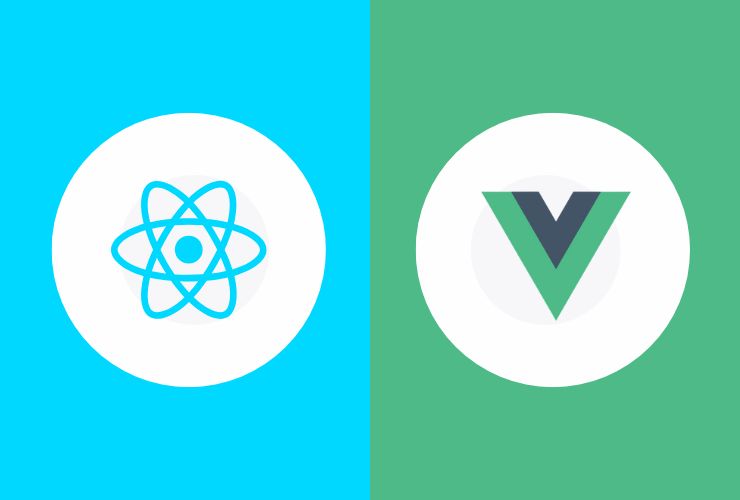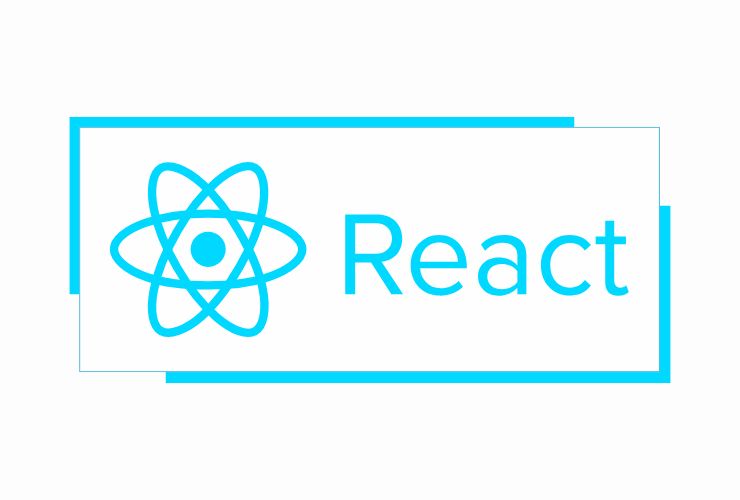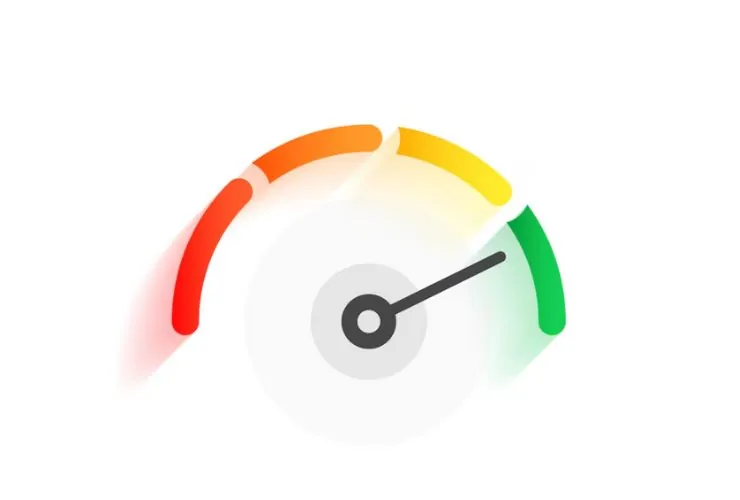It’s very simple: the whole world of web development depends on the proper selection of a JavaScript framework to make your project successful. There are many great frameworks, such as React and Vue.js (React vs. Vue.js), which help build dynamic user interfaces. Both of them are unique, offering different benefits and use cases. This comparison of React and Vue.js is an exciting and challenging task. This blog aims to provide an in-depth comparison to assist you in making the best choice for your next project.
What is React?
React is a robust library for building UI components developed and maintained by Facebook. It is famous for its declarative style and reusable components, which are used in large-scale applications and have a huge community behind it.
Main Features of React:
- Virtual DOM: Optimized performance by rendering only the necessary updates.
- Component-Based Architecture: Facilitates code reusability and modularity.
- One-Way Data Binding: Offers better control and debugging capabilities.
- Rich Ecosystem: There are plenty of third-party libraries and tools.
What is Vue.js?
Vue.js is a progressive framework developed by Evan You. It is simple, flexible, and the favorite of most developers who work on projects from small to medium sizes.
Main Features of Vue.js
- Two-Way Data Binding: This feature is designed for model-view synchronization with less friction.
- Template Syntax: Special HTML syntax for writing HTML templates which can include logic.
- Reactive Components: The DOM updates whenever the data changes
- Lightweight: minimalist with a steep learning curve
React vs. Vue.js: Main Comparison
Learning Curve:
Vue.js has a relatively easy learning curve with its simple syntax and structure which is easy for a beginner.
React requires knowledge of JavaScript ES6+ concepts and JSX that can be tough for freshers.
Flexibility and Scalability:.
Vue.js is opinionated by its ecosystem that makes the setup easier for smaller projects.
Performance:
Both are great in performance but the React’s virtual DOM implementation slightly beats out for very large applications.
For smaller projects, Vue.js is faster because it has a lightweight structure.
Community and Ecosystem:
React has an enormous community and ecosystem, which ensures support and resources are solid and robust.
Vue.js is much smaller but highly active with an evolved passionate community and an evolving ecosystem.
Integration
The react is used for the integration into other libraries or application projects; it is a tool chosen for new projects where minimalism comes first.
When to use React
- Applications which manage its state in such highly complicated ways
- Flexible structurally demanding applications
- People knowing JavaScript and functional programming paradigms well.
When to Use Vue.js
- Medium-sized to small applications with a need for faster turnaround.
- Applications where simplicity is a virtue and rapid prototyping is desired.
- Teams looking for something intuitive and quick to get started with.
Conclusion
Choosing between React and Vue.js depends on your project’s specific requirements, team expertise, and long-term goals. React is perfect for enterprise-grade applications, while Vue.js shines in simplicity and rapid development.
Both the frameworks have been applied within the industry, therefore you’ll surely be equipped with one, creating great applications irrespective of your choice.














